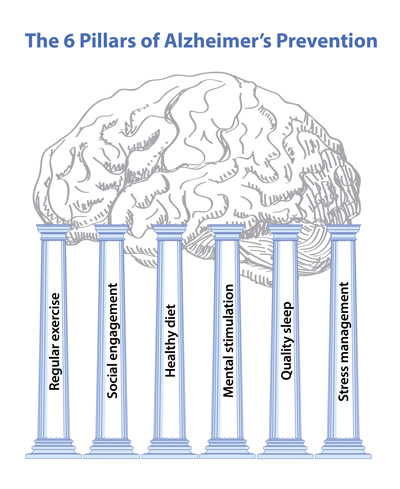To overcome depression, it helps to know the facts. Depression is a medical condition and not “laziness” or a temporary response to normal grief and/or discouragement.
Symptoms of Depression
A major depressive episode is defined as experiencing five or more of the following symptoms every day (or most days) for two weeks or more:
- Depressed or irritable mood
- Sleep problems (i.e., sleeping too much or too little; sleeping mainly during the day)
- Change in interests (i.e., not being interested in what you used to enjoy) or low motivation
- Excessive guilt or unrealistically low self-image
- Significantly low energy and/or change in self-care (i.e., not showering anymore)
- Significantly worse concentration (i.e., sharp decline in grades or performance)
- Changes in appetite (i.e., eating too much or too little)
- Agitation or severe anxiety/panic attacks
- Suicidal thoughts, plans or behaviors — including self-harm (i.e., intentionally cutting or burning yourself)
It’s important to remember that not everyone who is depressed is suicidal. You can still seek help even if you haven’t demonstrated any specific suicidal or self-harm behaviors, or even if your symptoms aren’t as severe or persistent as the symptoms noted above.
OK, I’m feeling depressed… so now what?
Now that you know the symptoms of depression, some positive coping skills can be useful. All of the following techniques are supported by scientific research and medication prescribers — like psychiatrists — and these skills are frequently recommended as important parts of treatment even for patients who continue to take antidepressant medications.
WARNING: Do not suddenly go off your prescribed antidepressant medications without first talking to your medical provider. Discuss any questions or concerns about the side effects of your medications with your provider.
Practice These Coping Skills Every Day
I recommend doing many — if not all — of the following coping skills and techniques once a day when experiencing depression. It’s important to know you probably won’t be motivated to do any of them at first because depression frequently saps motivation. In other words, know that it’s normal to feel unmotivated until you’re halfway done.
The patients I work with who frequently practice these coping skills get better. The seven techniques can be memorized with the acronym MY PEERS.
 By identify and controlling your personal risk factors and leading a brain-healthy lifestyle, you can maximize your chances of lifelong brain health and preserve your cognitive abilities. These steps may prevent the symptoms of Alzheimer’s disease and slow down the process of deterioration.
By identify and controlling your personal risk factors and leading a brain-healthy lifestyle, you can maximize your chances of lifelong brain health and preserve your cognitive abilities. These steps may prevent the symptoms of Alzheimer’s disease and slow down the process of deterioration.
